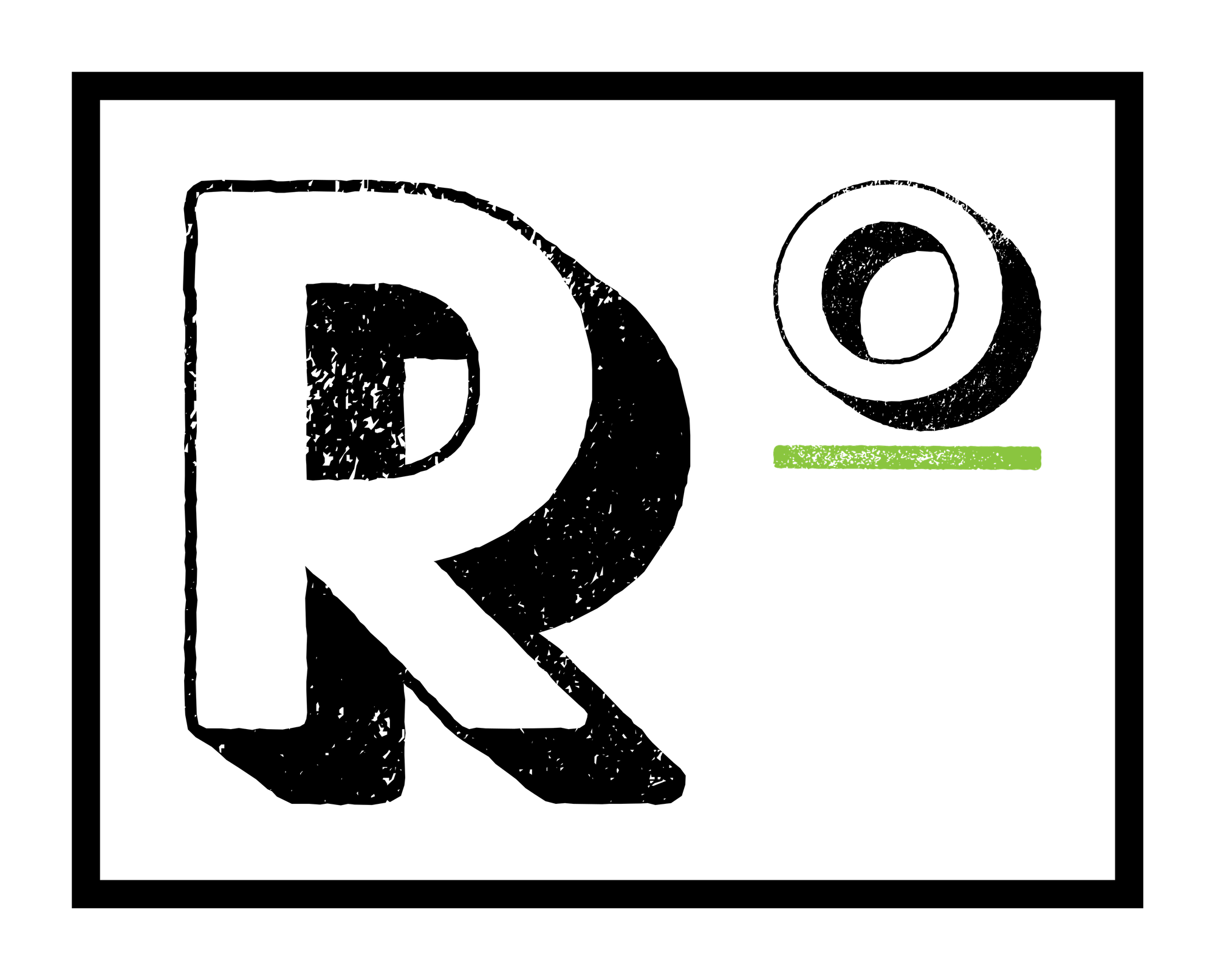Bibak: building the circular economy in France
Lucas Graffan is eliminating single-use plastic in Europe.

This interview was conducted and edited by Timothy Motte.
Biography
Lucas Graffan is the co-founder of Bibak, a French startup helping restaurants, supermarkets and corporate canteens switch from single-use plastic to re-usable containers.
Bibak offers a tech solution via which clients manage their fleet of containers, and a physical kiosk where consumers deposit their used containers in exchange for cashback.
To date, Bibak has raised over $6M, and has already avoided +4.5M packaging waste at more than 200 locations.
You used to work for Procter&Gamble, a consumer goods giant. How did that experience shape Bibak’s creation?
I worked for the laundry products division. Laundry products are particular, because most consumers have their preferences. They always buy the same one. It made little sense to me that consumers were buying the same exact product, week after week, in a brand new single-use container.
I started thinking about a better way to handle this, digging into waste management processes. Shortly after, I met Yasmine (my co-founder) who was working on the same idea. We became interested in the “deposit” model (consigne in French), where consumers could exchange empty, reusable containers for cash.
This concept is widespread in German supermarkets, for example. Consumers buy apple juice in a glass bottle and pay a deposit. When they’re done, they bring the empty bottle back to the store and receive a deposit refund.
You mention that this “deposit” system was commonplace before plastic arrived. Why did it disappear?
For practical and economic reasons. For food and beverages companies, plastic is a fantastic invention. They can launch various products, in various shapes and sizes, for a tiny price. For the consumer, single use plastic is also great: it’s light and you don’t have to bring it back. We’ve outsourced waste collection to the state, so the whole waste management process is foreign to most. Out of sight, out of mind.
Despite your consumer goods background, Bibak operates mostly with restaurants. Why start there instead of supermarkets?

